
|
|
| Address | Brinellvägen 8, Stockholm Sweden |
|---|---|
| Platforms | Biomarkers |
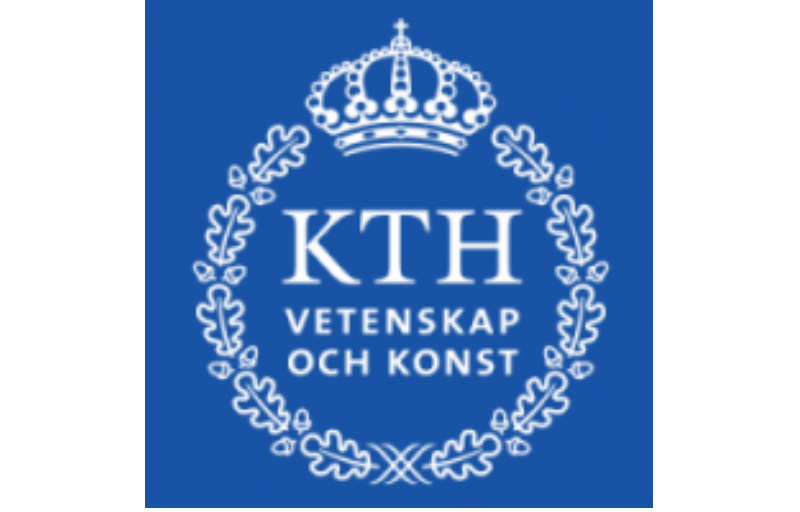
Since its founding in 1827, KTH Royal Institute of Technology in Stockholm has grown to become one of Europe’s leading technical and engineering universities, as well as a key centre of intellectual talent and innovation. KTH is Sweden’s largest technical research and learning institution and home to students, researchers and faculty from around the world dedicated to advancing knowledge.
KTH’s focus is on research and education for a brighter, more sustainable tomorrow and KTH works closely with the industry and society in the pursuit of sustainable solutions to some of humanity’s greatest challenges: climate change, future energy supply, urbanisation and digitalisation.
Basic and applied research are performed side-by-side and interdisciplinary research is conducted in parallel with work in specific fields. This approach encourages versatile solutions and the innovative climate creates many opportunities to realise great ideas.
The educational programmes foster a new generation of engineers, architects, teachers and undergraduate engineers.
Affinity Proteomics-Stockholm and Autoimmunity and Serology profiling Units at Science for Life Laboratory (SciLifeLab)

Science for Life Laboratory (SciLifeLab) is a national center for advanced life science in Sweden. Located at SciLifeLab in Stockholm, the ‘Affinity Proteomics-Stockholm and Autoimmunity and Serology Profiling Unit’ is one of SciLifeLab’s National Facilities. As part of the Clinical Proteomics and Immunology Platform (CPI), the unit has the potential to support clinical biomarkers research providing infrastructure and expertise to apply cutting-edge immunoassays technologies. The focus is on the development and application of robust immunoassays for protein quantification in biofluids in pre-clinical and translational research.
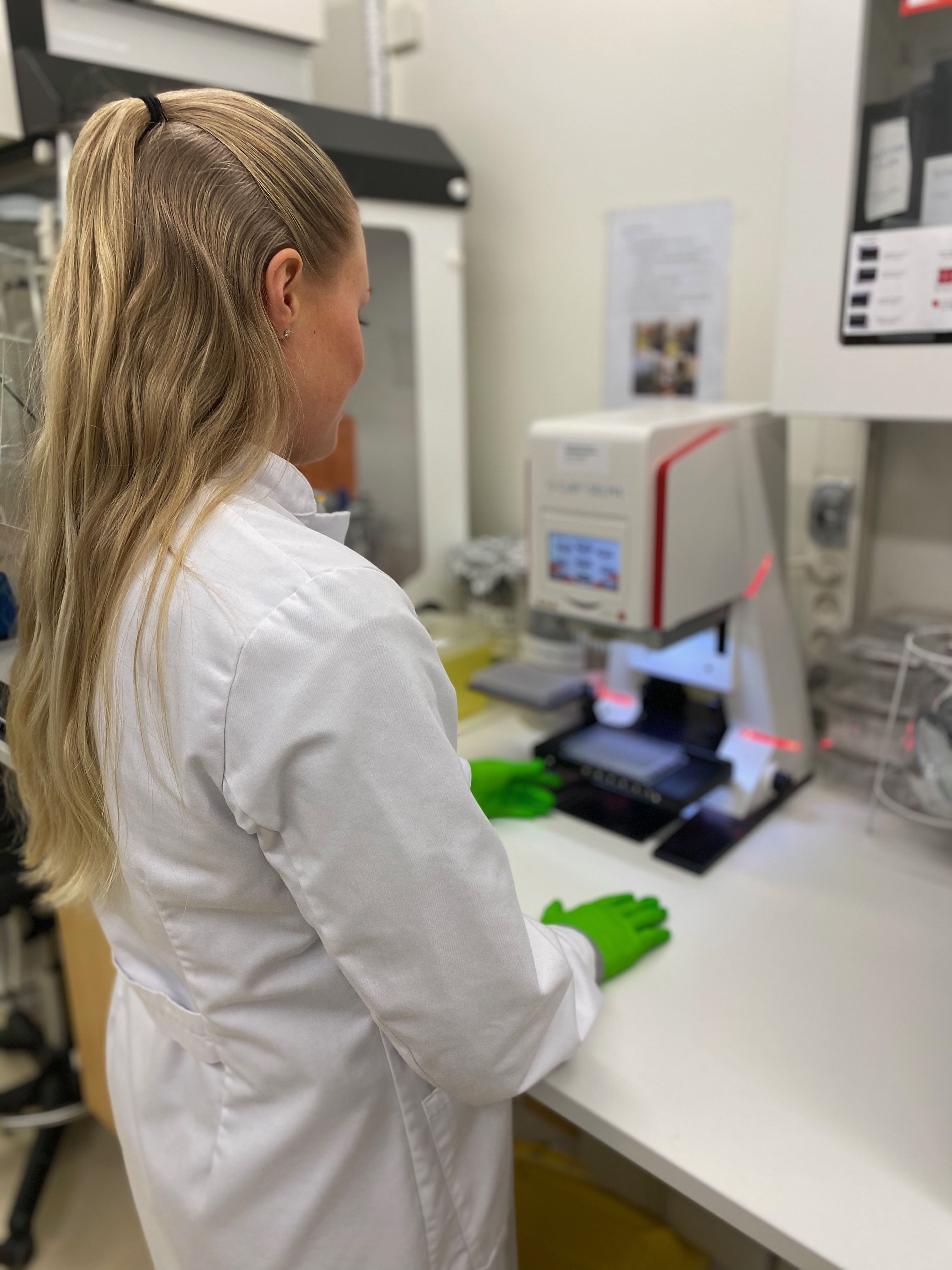
Our infrastructure already includes :
(i) Systems for Olink’s PEA platfrom (Biomark HD, Fluidigm®) for high-multiplexed antibody based proteomic profiling suitable for discovery study;
(ii) Luminex instrument for applicaton of commercial and/or in house developed bead-based quantitative immunoassay (2x FLEXMAP 3D, 1x MAGPIX), the Luminex low-plex format is optimal for verification and validation biomarker studies ;
(iii) automated microfluidic immunoassays (ELLA,ProteinSimple®) which features robustness and automation to get highly reproducible data to move biomarker studies one step forward into clinical diagnostics. Our instrumentation also includes robots for liquid handling (1x FLUENT, Tecan; 2x EVO150, Tecan) and precision transfer (1x SELMA, CyBio®), as well as automated systems for processing magnetic beads (KingFisher Flex, Thermo; EL406 Washer Dispenser, Biotek).
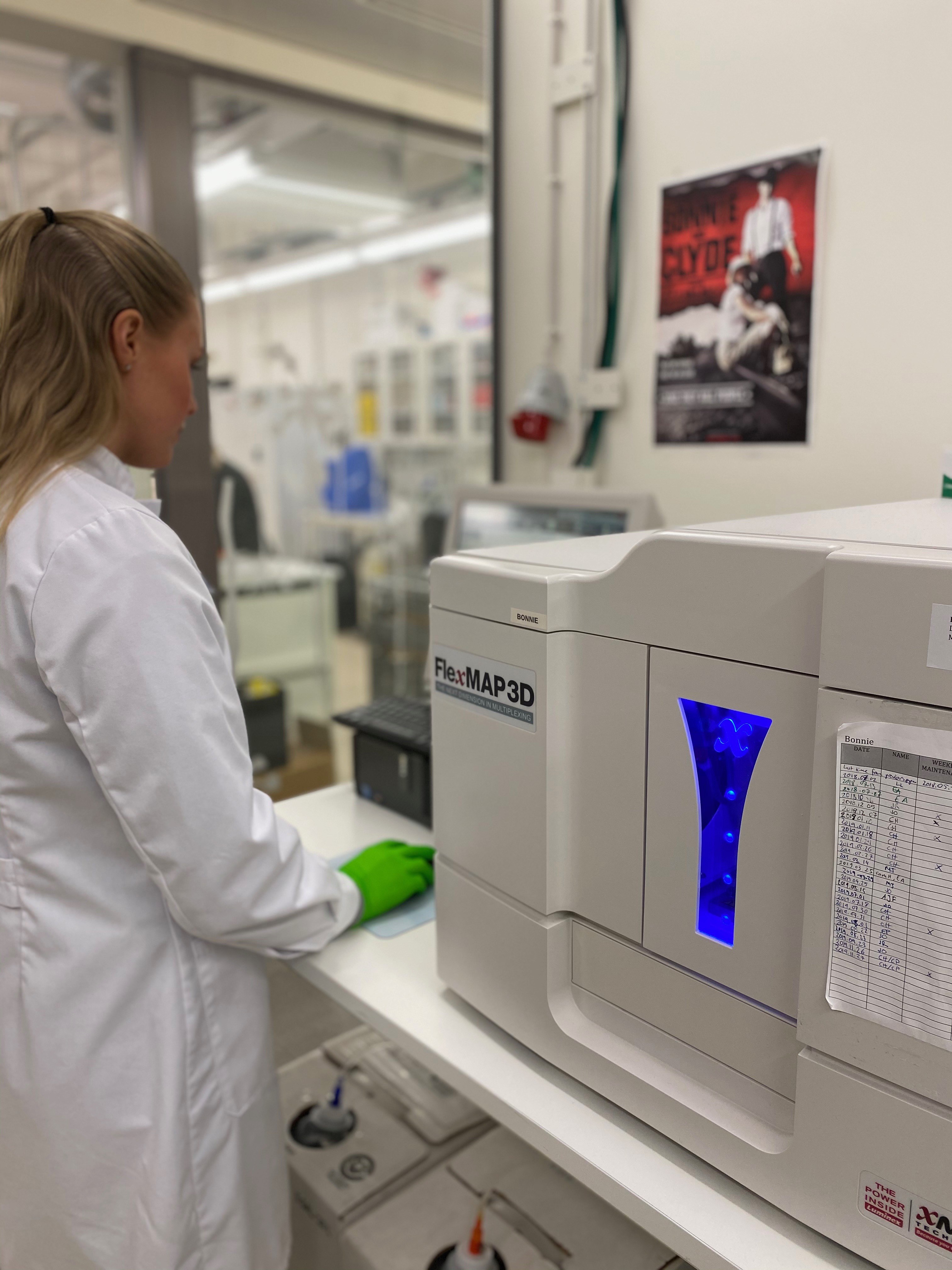
The Facility has also access to the unique collection of ~50,000 antibodies and to full recombinant proteins from the Human Protein Atlas project. this give us the possibility to screen and select optimal reagent to develop robust immunoassays in biofluids.
Autoimmunity and Serology Profiling at Science for Life Laboratory (SciLifeLab)
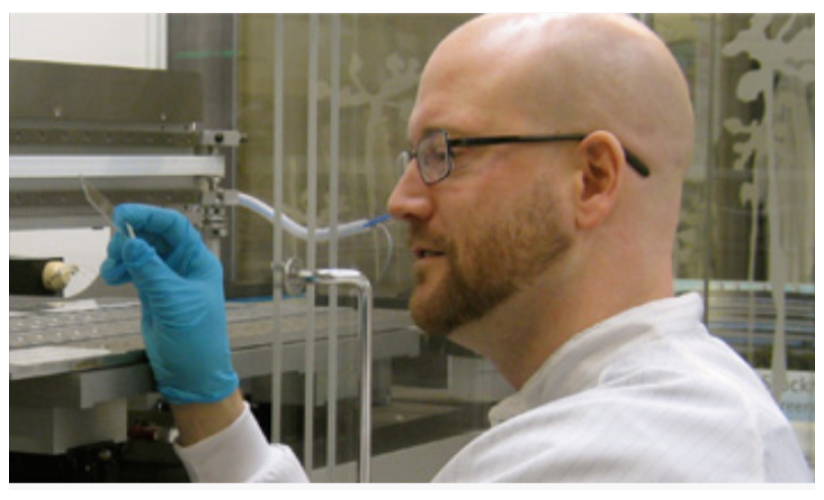
The Autoimmunity and serology profiling facility provides infrastructure and technologies for analysis of the autoantibody repertoire in body fluids and antibody validation using custom designed protein and peptide arrays.
Supported by the resource of more than 42 000 unique human protein fragments generated within the Human Protein Atlas, representing more than 18 000 human protein coding genes, we offer proteome wide screening for autoantibody reactivity on large microarrays, as well as downstream solutions for investigation of autoantibody repertoires in hundreds of patient samples in parallel. Instrumentation and know-how is available for generating customized spotted protein microarrays as well as measurement and analysis of commercially available protein microarrays.
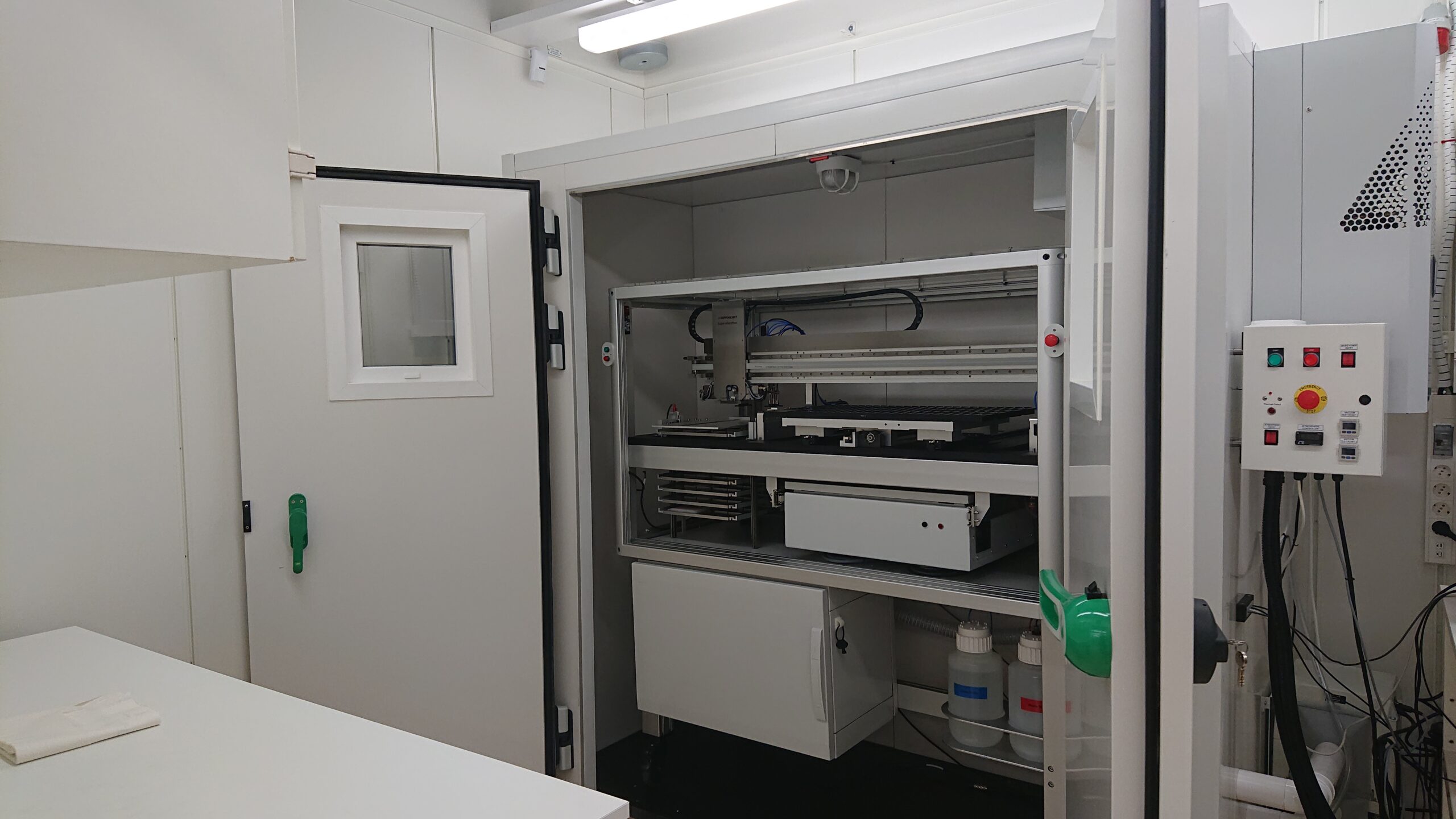
Services
- Autoantibody profiling
- Epitope mapping
- Antibody validation
- Infrastructure for commercial protein arrays
- SARS-CoV-2 serology
Did you know?
During the spring and summer of 2020 the facility has been performing serology testing for SARS-CoV-2 on more than 80 000 samples. More information is available at the Covid-19 Data Portal Sweden.
Around the same time the facility invested in three new Luminex® FlexMap 3D bead array instruments, one Biotek EL406 platewasher, and one Innopsys InnoScan 1100 AL 3-channel ultra-high resolution microarray scanner, thus expanding the capabilities of the facility in both throughput and versatility.
Also, a new microarrayer, Arrayjet Super Marathon with JetMosphere Max™, was installed in July 2019 to allow more efficient and accurate printing under highly controlled environmental conditions.
Using the facility
If you have a project that could benefit from the state of the art equipment of the Autoimmunity and serology profiling lab, please fill in the Project proposal form and the SciLifeLab personnel will come back to you shortly after to further discuss the details of your request.











